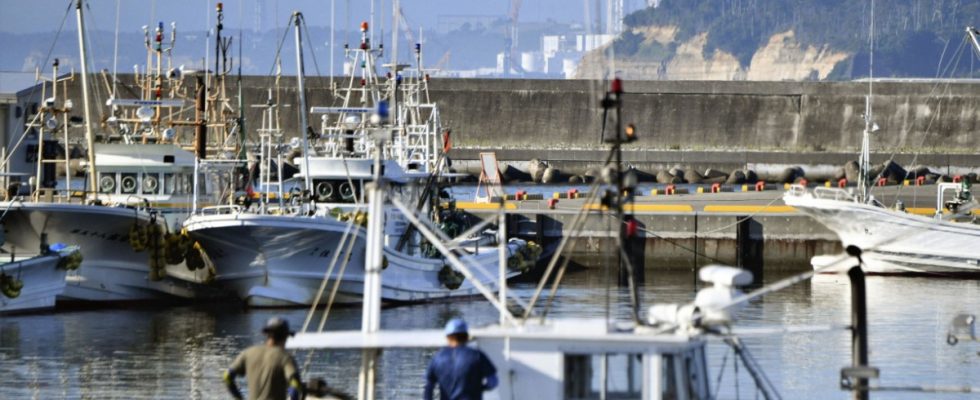Japan begins dumping treated cooling water from the Fukushima nuclear power plant into the sea. The dumping should start on Thursday, the cabinet of Prime Minister Fumio Kishida decided. Japan’s fisheries associations expressed their strong opposition to the last day. Environmentalists and neighbors like China also criticized it.
Kishida’s government argues that the site of the nuclear ruins is running out of space to store cooling water, thereby hampering decommissioning work. The conservative head of government said that draining the water into the Pacific Ocean is something that “cannot be postponed”.
In March 2011, a severe earthquake and massive tsunami caused core meltdowns at the Fukushima nuclear power plant. The reactors have to be further cooled with water stored in more than 1000 huge tanks. But now, according to the operating company Tepco, there is no space for it. In addition, long-term storage on the site threatens to impede the decommissioning work on the nuclear ruins. There is also a risk of leaks, it said. Therefore, the more than 1.3 million tons of water are to be channeled into the sea via a one kilometer long tunnel. This is expected to take around 30 years.
Before that, the water is filtered to remove most of the radioactive elements, with the exception of tritium. The hydrogen isotope is difficult to separate from water. According to the authorities, the treated water is diluted to such an extent that the internationally permissible limit values for tritium are far below.
China and Russia advocate the evaporation of water
Japan’s nuclear regulatory agency recently gave the green light. The International Atomic Energy Agency (IAEA) had previously approved the dumping plans. Japan meets international safety standards. The effects on people and the environment are “negligible”, the IAEA found. Experts point out that nuclear power plants all over the world have routinely discharged contaminated cooling water into the sea for decades.
However, Japan’s fisheries associations fear that the reputation of their products will be further tarnished. You’ve been trying to recover in business since the super meltdown. “We are deeply disappointed and outraged by the Japanese government’s announcement that it would dump radioactive water into the ocean,” said Hisayo Takada of environmental group Greenpeace Japan. The government has ignored the concerns of fishermen, citizens and the international community, particularly in the Pacific region and neighboring countries.
According to the Japanese news agency Kyodo Tokyo, China and Russia, which are also opposed to dumping at sea, recently jointly urged Tokyo to consider a disposal strategy through evaporation instead. Evaporation of the water and its release into the atmosphere would have less impact on neighboring countries than discharge into the sea, Kyodo quoted from a document submitted to Tokyo.

